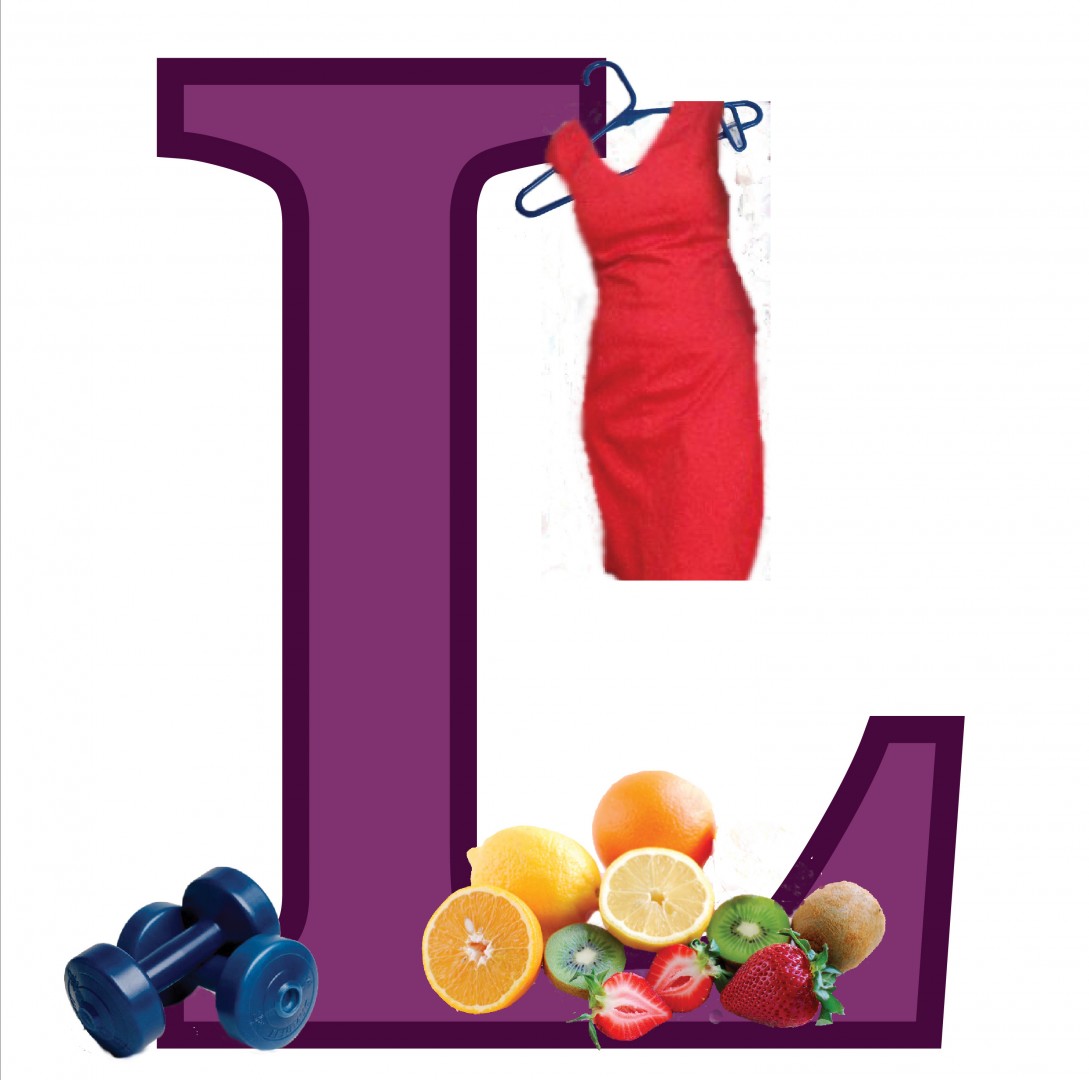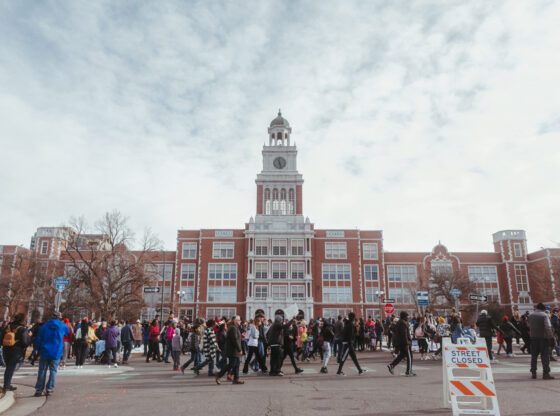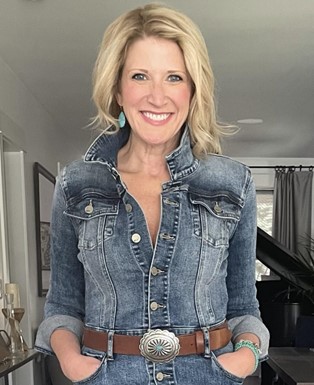Denver is already a bike-friendly city, but the latest collaboration between the Center for Sustainability and an Emergent Digital Practice class will encourage students, faculty, staff and members of the DU community to give up their gas to go ride a bike.
GEARS, known as Get Energized and Ride Sustainably, is the project designed by the Design in Social Good course to reduce the carbon footprint, increase health and provide resources to people in the DU community to help them see how easy it is to bike to work and school.
Emergent Digital Practices combines art, design, media, culture and technology into hands-on projects. Assistant Professor of Emergent Digital Practices, Conor McGarrigle, is currently teaching the Design in Social Good course and specializes in the integration of digital technologies into everyday life.
“This class is designed to do social good,” said McGarrigle. “[Sustainability] was our problem and we wanted to bring a greater technical solution.”
Chad King, university sustainability coordinator, has worked with other professors before to develop different projects that benefit the students as well as the school and wanted to collaborate with McGarrigle to develop a tool that would be beneficial for the DU community.
“These classes are involved in authentic reporting that will be used through the Center for Sustainability to share the story of what the university is doing in terms of sustainable practices, and to identify our successful steps towards our sustainability goals,” said King.
The Design in Social Good class of 16 students, both undergraduate and graduate students, will spend the remaining weeks of spring quarter working on this project. Divided into three teams, Marketing, Design and Tech, the members of the class have different tasks to complete GEARS, which they are hoping to officially launch at DU May Days.
To complete their project, the class will map bikes routes of volunteers, mostly faculty and staff who already ride their bikes to campus, and will then create simulation maps using their technology in class to serve as guides for people looking to ride their bikes.
“The practical utility of the product will also provide a nice addition to static maps of bike routes, increasing the comfort and ease of route sourcing in Denver,” said King.
According to McGarrigle, Denver is a city that is bike-friendly; however, the majority of people are still apprehensive about bike riding because it may be too difficult, they are afraid of safety concerns or they lack basic information about biking.
The purpose of the bicycle cameras is to create profiles of the different people who ride their bikes to campus and work so that potential riders can go to the website through the Center for Sustainability and find out who is riding bikes and what routes they are taking.
The cameras will be attached to the handlebars of the volunteer’s bikes. As the riders come to and from school, the camera will record high definition video and GPS data. The class will use the information to build a route map that people can access through the website they are building in order to determine the route that best suits their commuting needs.
“It will be easier for people to get started and to see what they are getting into and it will help prevent problems,” said McGarrigle.
The marketing team in the class is looking for innovative ways to promote GEARS on campus through advertising and giveaways and their goal is to give away a free bike at the DU May Days launch.
Senior digital media studies student Kevin Frey from Gambrills, MD, is hoping this project is just as beneficial to students as it is to faculty and staff.
“The more awareness we can raise among the students, the better,” said Frey.
Graduate in Masters of Fine Arts student Brandon Gellis is part of the marketing team and is working to promote GEARS across campus.
“This is a win-win situation for the DU community and is a more conscious approach to health and will promote ridership in the community,” said Gellis.
The goal of GEARS is not only to reduce DU’s carbon footprint and bike riding around campus, but also to expand the tools around Denver.
“The open source model the class is using will allow this product to be used and refined by others in the university community, and other groups across the city and region, potentially providing a model or platform for this project to expand to other areas as it is successful here,” said King.
Anyone looking to volunteer or learn more about GEARS can send them an email at Denvergears@gmail.com.











